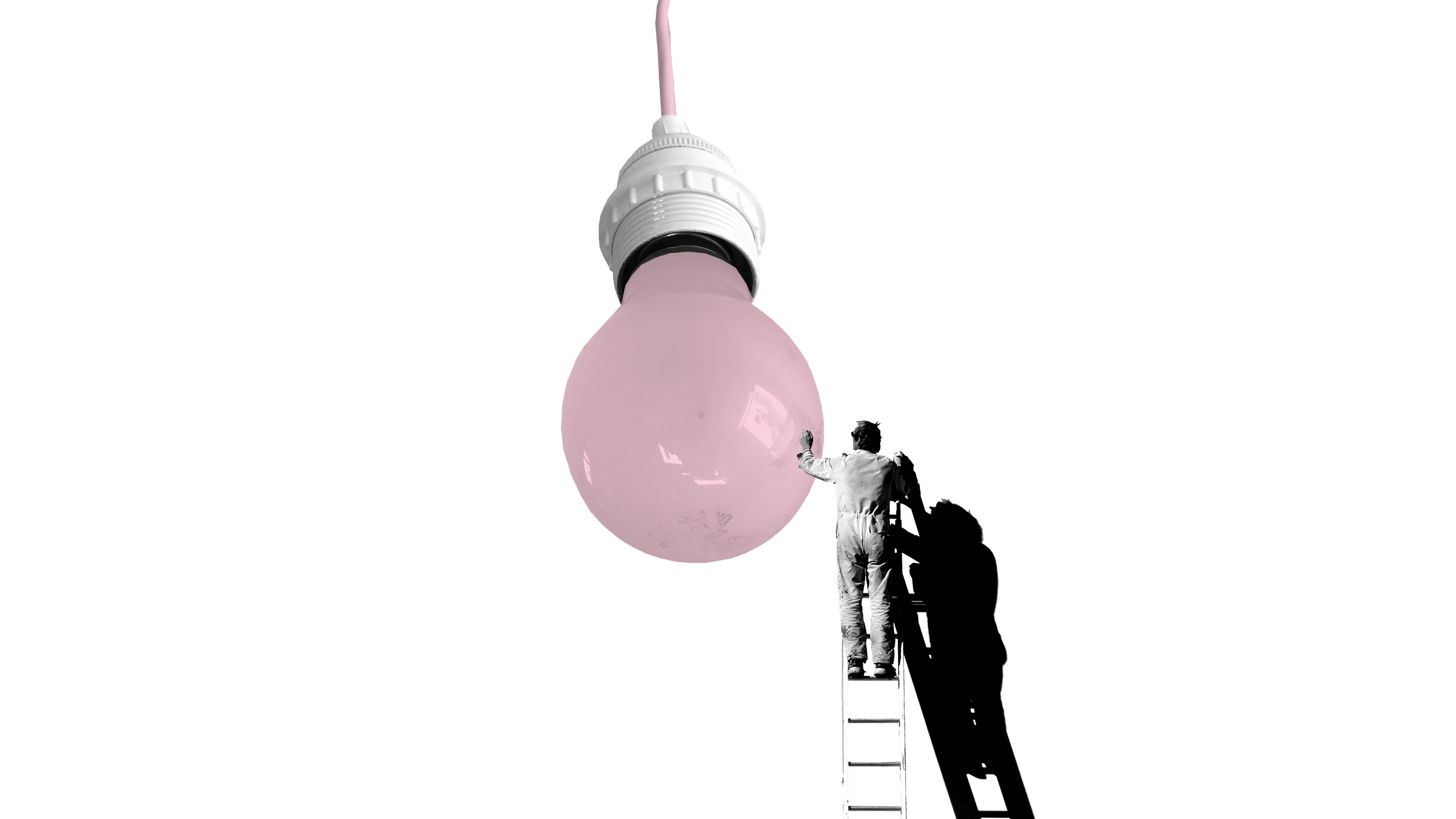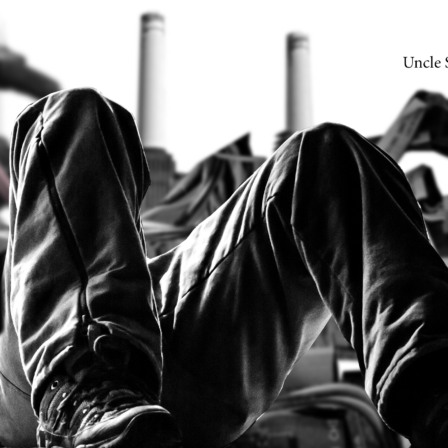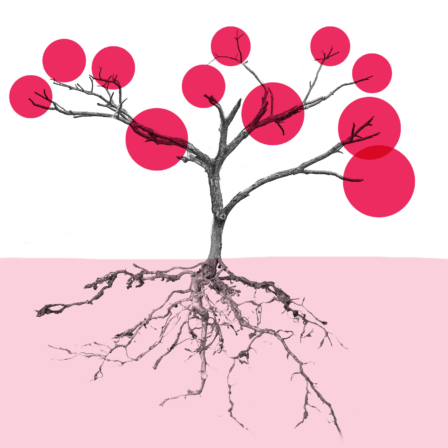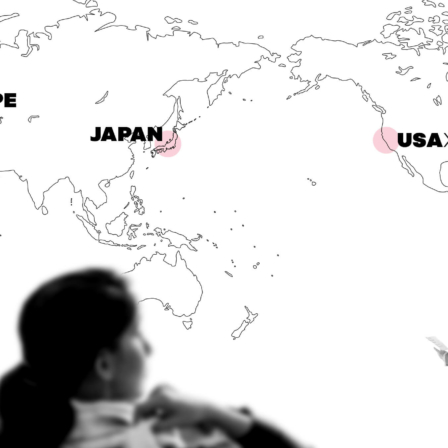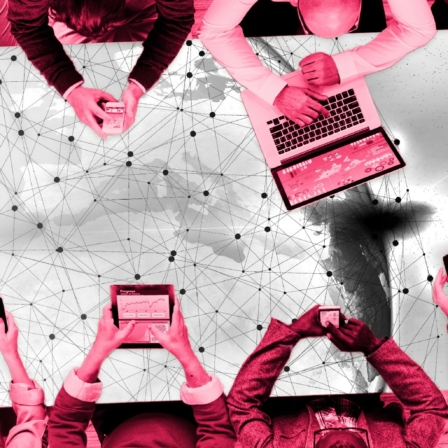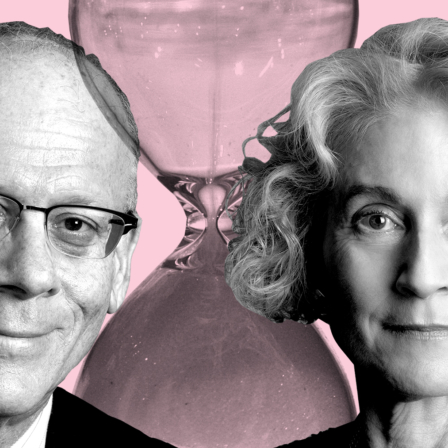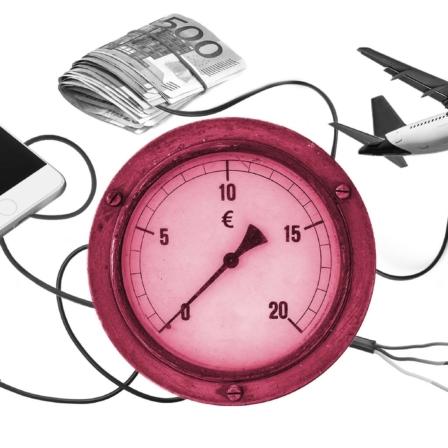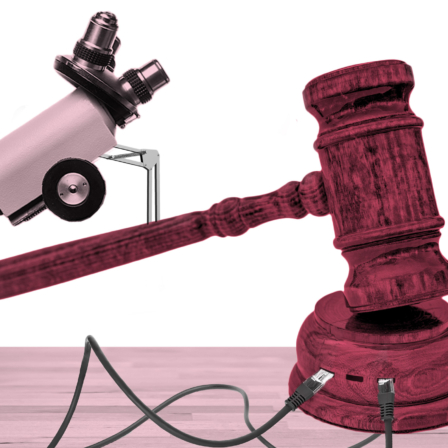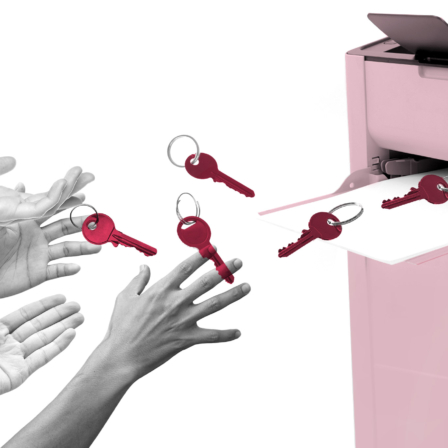For several decades, western countries became accustomed to economic growth generating jobs and well-being. States would equalise the fruits of development by collecting taxes and arranging social security and public services. Public authorities also directed societal development by investing in education, technology and infrastructure.
The progress brought by these actions touched the lives of an increasing share of the population.
“In an industrial society gross domestic product and its growth were rather good estimations of societal development despite that, by definition, they do not measure human well-being”, says Aleksi Neuvonen, Research Director at Demos Helsinki.
“GDP statistics have also allowed the comparison of development in other countries. This allowed GDP to become a type of shared benchmark for progress”, Neuvonen continues.
We need a more versatile understanding of progress
Progress in a post-industrial society must be seen in a more versatile way for at least four reasons: firstly, the economies of post-industrial societies with ageing populations do not necessarily grow as fast as what we have been accustomed to over the past decades. There is no need to see the future as gloomy, however, as societies can reform and develop also during periods of slow economic growth.
Secondly, as digitalisation changes how services are offered, the service quality may improve, which may increase well-being even if gross domestic product does not immediately increase.
Thirdly, as the societal transition progresses, there will likely be geographic regions where the economy will stagnate. These regions will also need views that generate hope and new methods for creating well-being.
The fourth reason is the strain caused to the environment by human activities. Increasing the well-being of all of humanity by means of ‘western style’ industrial development is not possible using the limited resources of the planet. Adapting to the limits set by the capacity of the world is necessary in order to promote the well-being of people over the long-term.
“For example, controlling climate change forces the models of manufacturing and consumption to reform and, in some cases, cease activities that could have created economic growth and jobs in the short-term”, explains Neuvonen.
Progress in the future is based on human capabilities, a fair society and resilience of the economy
Sitra and Demos Helsinki present a new, multi-dimensional view on progress in the Rewiring progress memorandum published on 7 June. In the model progress is based on three pillars, which are:
- the economy’s ability to adapt and adjust society to rapid changes, i.e. the resilience of the economy;
- fairness of society, which is people’s experience of societal norms and institutions fulfilling their perception of fairness;
- human capabilities, which refer to their possibilities in reaching the goals they value in their lives.
The new perception of progress also emphasises society’s ability to develop solutions together for pressing problems, such as climate change.
”Economic growth is one of several tools used to build and measure progress”, says Paula Laine, Director of Foresight, Insight and Strategy at Sitra.
“Other dimensions of progress need to also be analysed. For example, attention should be paid to the qualitative reform of an economy”, Laine continues.
We can jump on the path to progress by supporting capabilities and developing solutions to wicked problems
In practice, through the new perception of progress, economic policies will increasingly include building ecosystems (link in Finnish), where universities, research institutions, companies, start-ups, and public organisations produce solutions to significant societal challenges. When resolving environmental problems technology, consumer behaviour and operational models, such as circular economies, have an important role.
In a post-industrial society the well-being of people is affected significantly by the uncertainties pertaining to the future. Therefore, investments should be made into the capabilities of people by improving the opportunities for life-long learning.
Social security could be renewed so that the arrangements associated with subsistence would be less burdensome. This would allow the significant group of less fortunate people to focus more on other matters than the practical arrangements to handle subsistence.
“A key issue in society becomes how do we reform our promise on increasing human capabilities and of a shared, fair future”, says Laine.
The Rewiring progress memorandum was published on 7 June in conjunction with the World Circular Economy Forum. The memorandum is part of the Sitra and Demos Helsinki Next Era work to create a vision aimed at a reform of the Nordic model, i.e. the next era of well-being.
The Next Era online publications discuss societal change. Previously published issues of the series include Democracy and participation and Work and income, which discuss the future of the topics.
